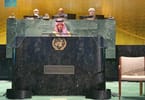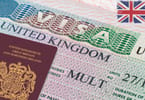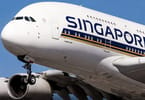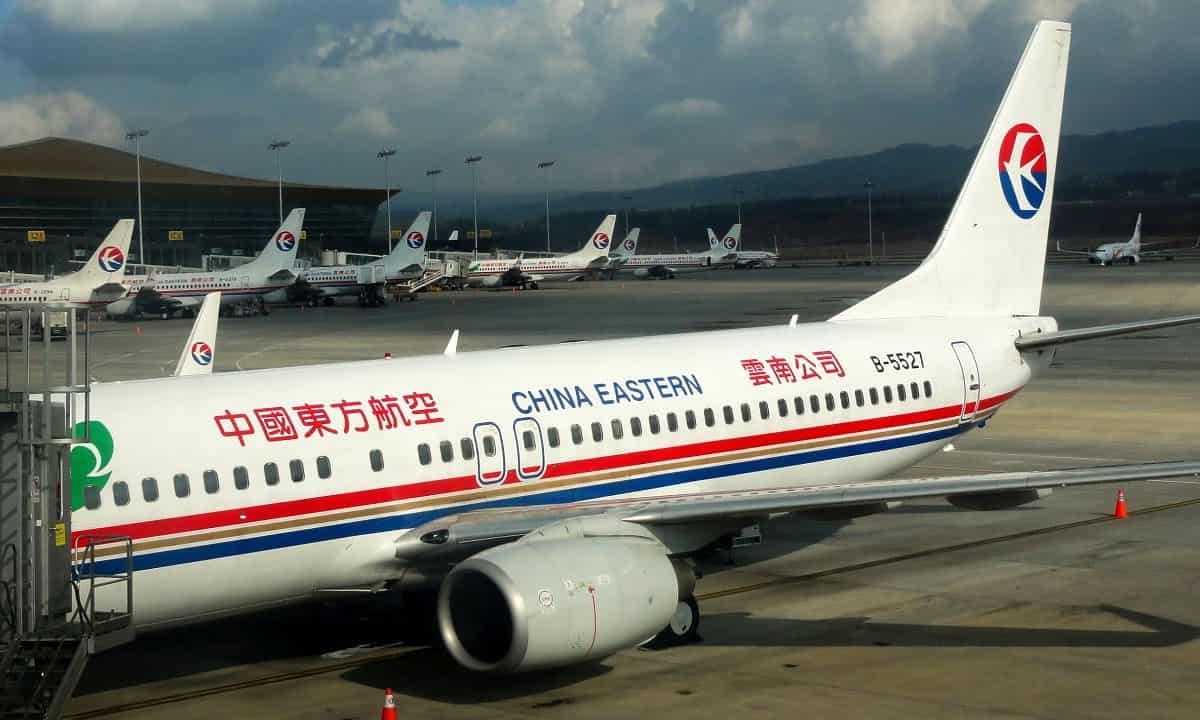Saudi Arabia is trying to tempt locals to holiday at home by building higher-quality hotels and resorts to counter a sharp decline in domestic tourism.
Domestic tourism fell more than 28 per cent last year to 23.9 million trips from 33.5 million in 2009, partly because Saudi nationals increasingly travelled abroad for holidays, data from MAS, Saudi Arabia’s Tourism Information and Research Centre, show.
The majority of tourists within Saudi Arabia tend to be local travellers on holiday. By contrast, there was almost a 17 per cent increase in outbound tourism last year, with 7.55 million Saudis travelling abroad compared with 6.467 million in 2009, and a 62.9 per cent rise in the number of nights they spent outside the country.
“The domestic tourism potential is very, very important because the population is so large in numbers and they do travel,” said Chiheb ben Mahmoud, the senior vice president at Jones Lang LaSalle Hotels, Middle East and Africa. “Every year the Saudis spend billions on international travel throughout the Middle East, and the US. There is potential for the country to capture a percentage of that.”
Business travel was also a growing market, with an increasing number of projects in Saudi Arabia, he added.
“The Saudi tourism industry aims to raise the level of tourist expenditure through qualitative improvements to the product portfolio as well as by diversifying the range of tourism products and services,” according to the government research centre.
Tourism revenues, which include local and international spending in Saudi Arabia, last year declined to 56.97 billion riyals (Dh55.79bn) from 62.52bn riyals in 2009. This also represents a sharp decline from the 2008 peaks of more than 74bn riyals.
Data from STR Global released last month showed that Saudi Arabia’s hotels have benefited significantly from unrest in the wider region, with an 18.4 per cent increase in room occupancy in April compared with the same month last year.
Saudi Arabia aims to make its tourism industry an important part of its economy, particularly as a means of job creation in the country, where 38 per cent of the population is under the age of 15, according to a report by the Oxford Business Group.
“Our expansion plans reflect the growing demand for high-quality hotels as the tourism industry in Saudi Arabia rapidly expands,” said Christophe Landais, the managing director of Accor Middle East.
Accor, based in France, operates hotels worldwide under brands including Sofitel and Novetel. It currently manages 10 hotels in the kingdom in five cities, with three more planned by the end of next year. It has signed management contracts for a further two hotels. The company also plans to launch its budget Ibis brand in Riyadh and Yanbu by next year, aiming to expand that network to 15 to 20 hotels across the kingdom.
“The Saudi hotel market is currently in a process of maturation,” Mr Landais said. “While most of the … hotel supply had been developed so far in the five-star segment, and to a lesser extent in the four-star segment, Accor is seeing the emergence of a real demand for other products, for instance in the economy three-star segment, which is for the moment only fulfilled by a local and unbranded hotel supply.”
Four Seasons, the luxury operator, is also planning to expand in Saudi Arabia.
“We’re very familiar with Saudi as a market and we’ve been in Riyadh for seven or eight years, and they’ve just done a significant renovation of the hotel,” said Jim FitzGibbon, the president of worldwide hotel operations for Four Seasons. “We’re looking very actively at Jeddah and we’re looking actively at doing a resort actually outside of Riyadh.”
Hilton is also rapidly expanding through the kingdom, with seven hotel openings announced last month, six of these in Mecca, designed to cater to pilgrims.
Hilton Worldwide plans to create 9,000 jobs locally in the next three to four years, as it expands its presence in Saudi Arabia. Recruitment is a major challenge for the industry, as companies are obliged to recruit a large percentage of Saudi nationals.
“In order to develop Saudi national team members for our upcoming projects we are partnering with local institutions to generate awareness of a career in hospitality,” said Koray Genckul, the regional director of human resources for Hilton Worldwide.
WHAT TO TAKE AWAY FROM THIS ARTICLE:
- “While most of the … hotel supply had been developed so far in the five-star segment, and to a lesser extent in the four-star segment, Accor is seeing the emergence of a real demand for other products, for instance in the economy three-star segment, which is for the moment only fulfilled by a local and unbranded hotel supply.
- Saudi Arabia aims to make its tourism industry an important part of its economy, particularly as a means of job creation in the country, where 38 per cent of the population is under the age of 15, according to a report by the Oxford Business Group.
- “We’re very familiar with Saudi as a market and we’ve been in Riyadh for seven or eight years, and they’ve just done a significant renovation of the hotel,”.






















